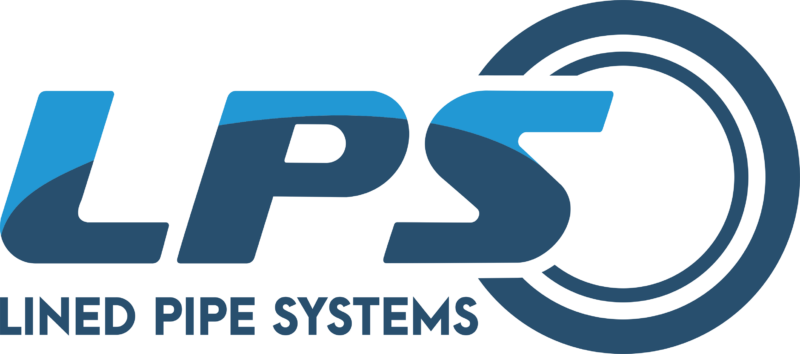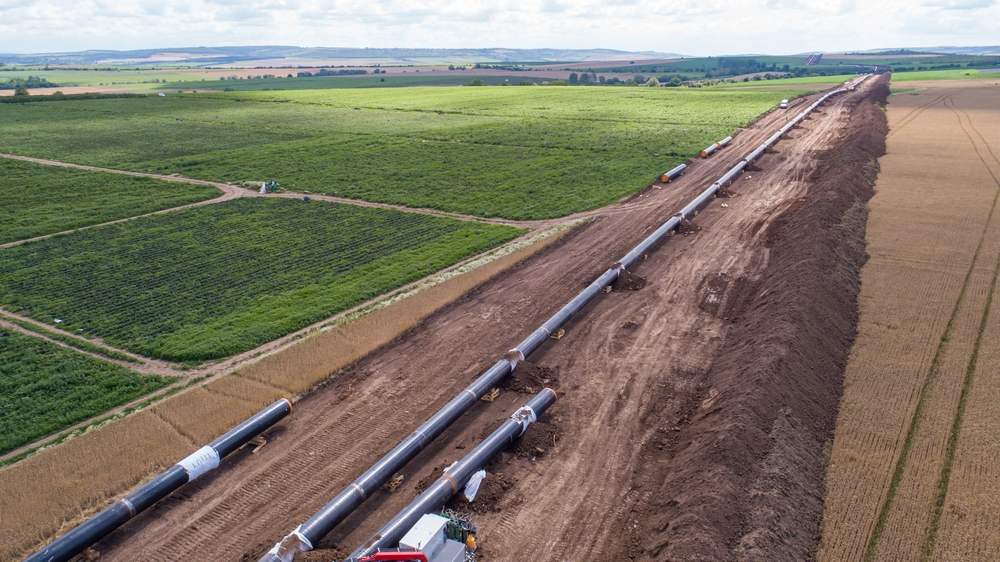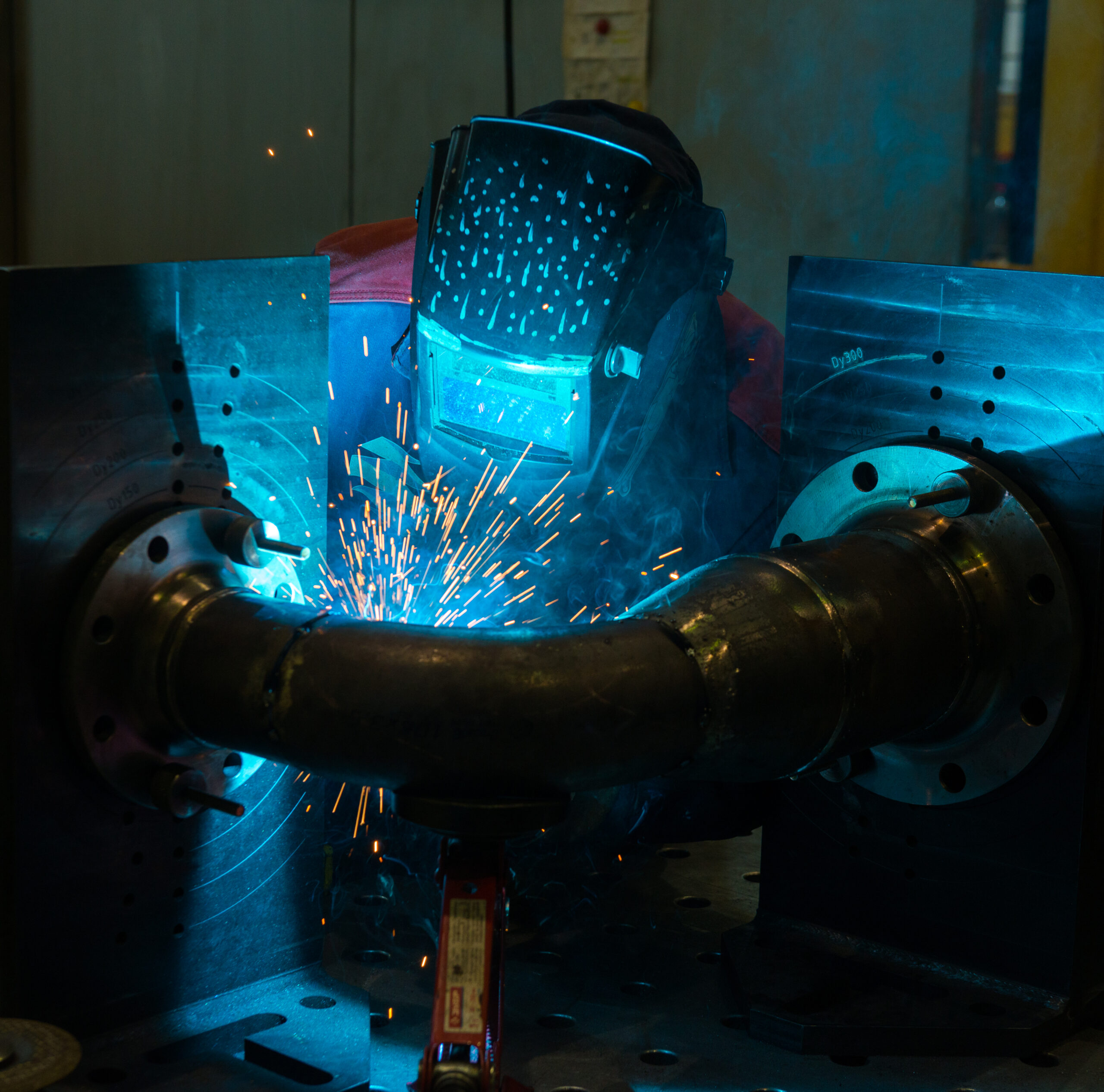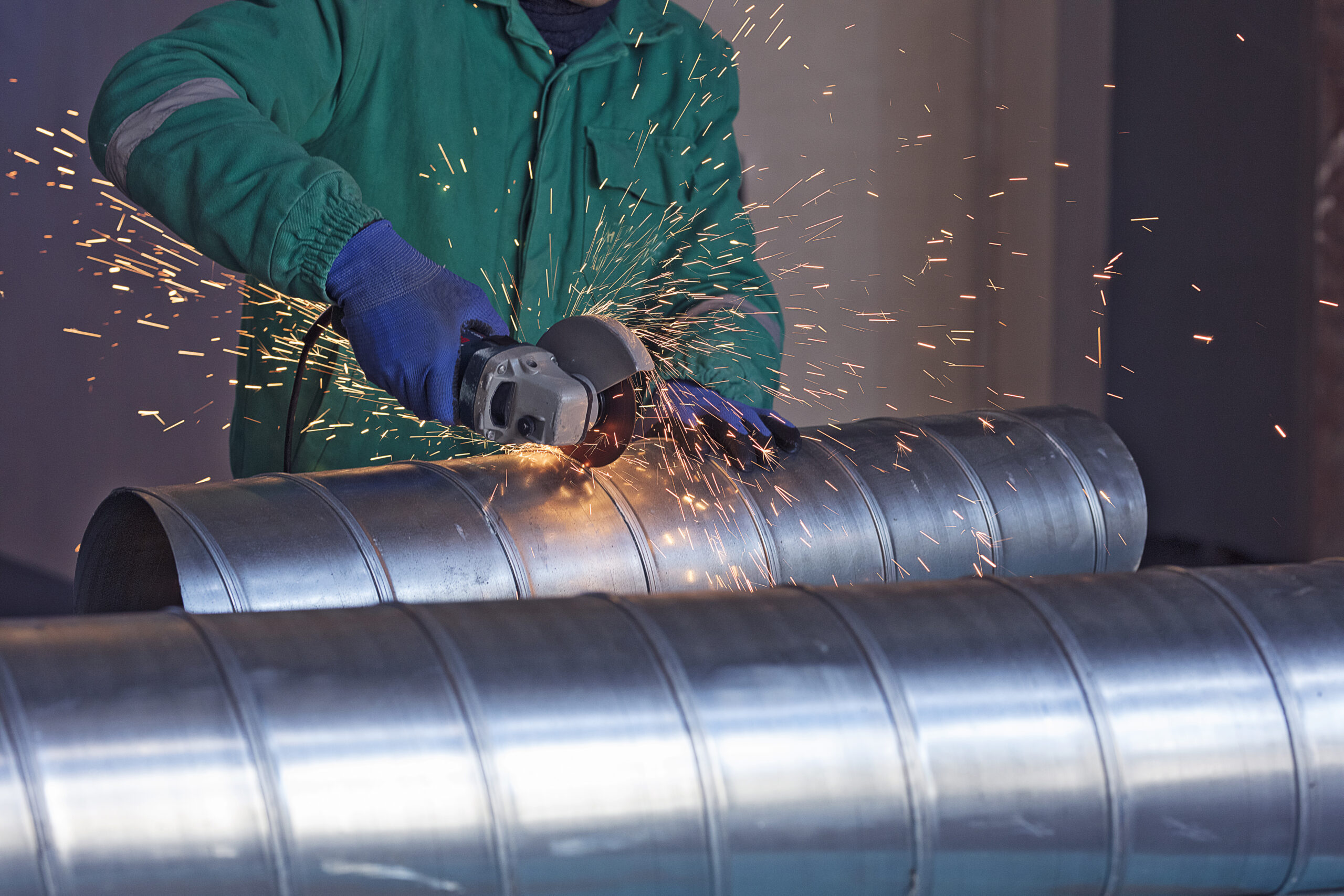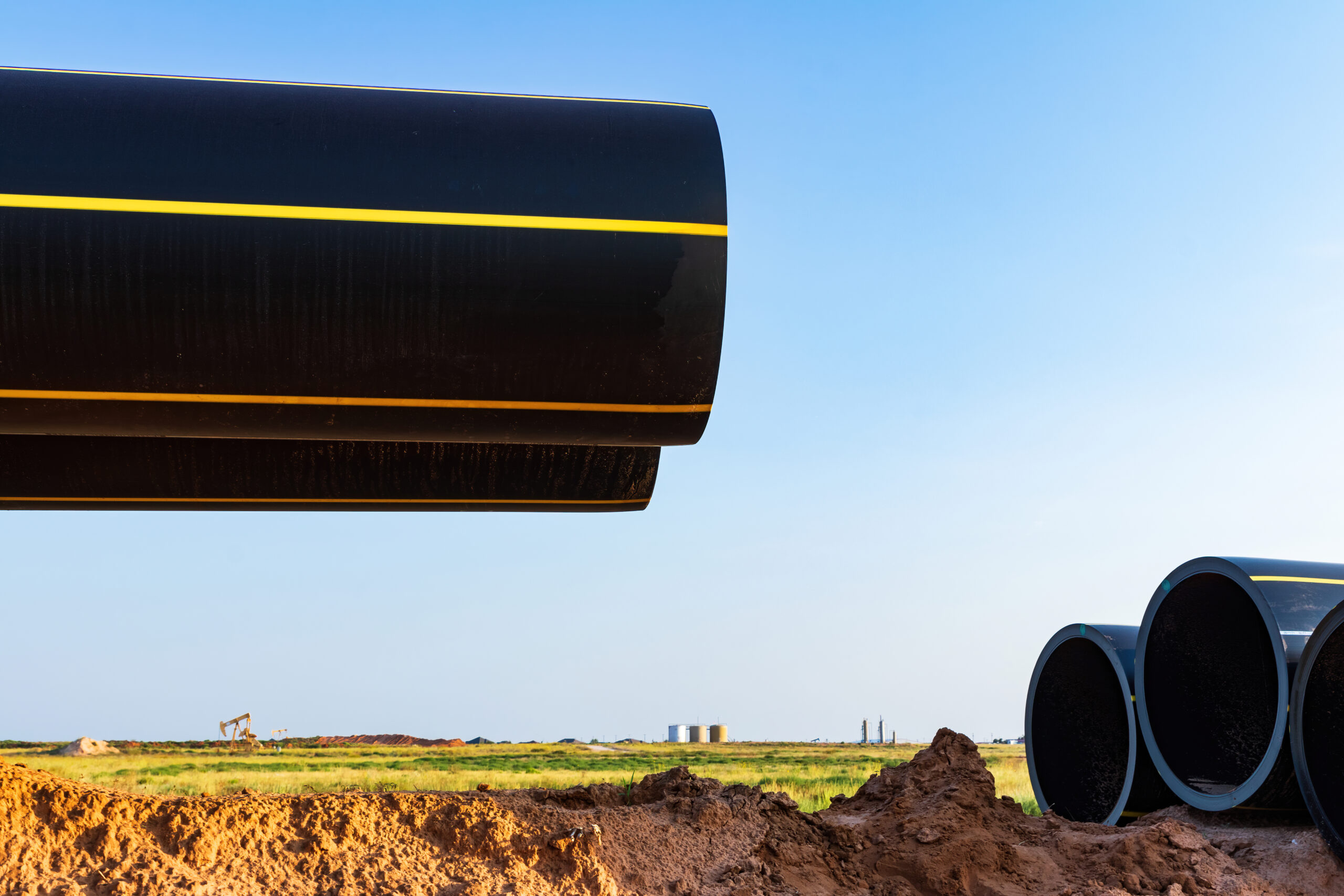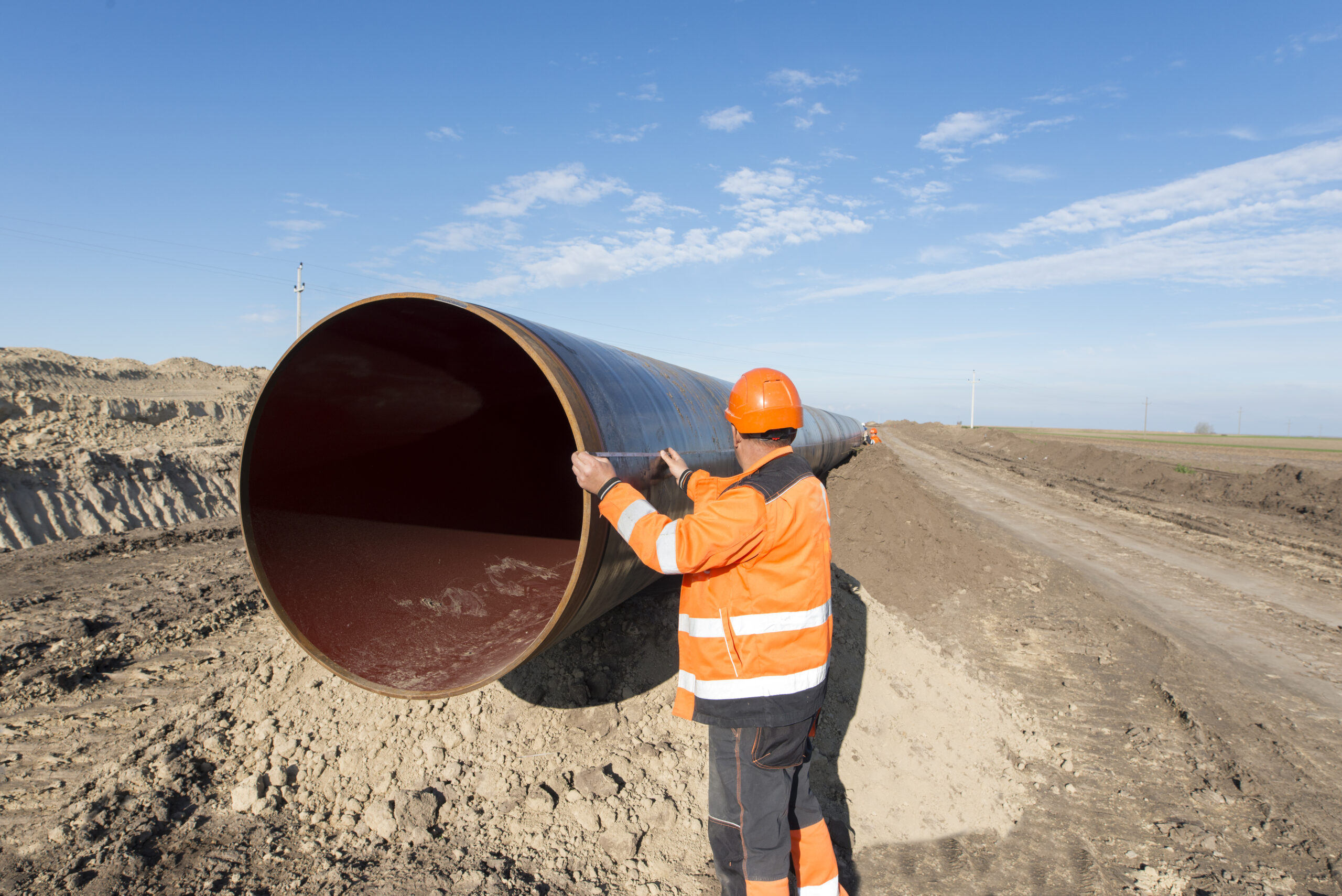The pipeline industry is the backbone of global energy transportation. Well, as the demand for safe, efficient, and sustainable pipelines grows, so too does the need for innovative management practices. And thus, Lined Pipe Systems (LPS) is at the forefront of pipeline technology, and in this blog, we’ll explore the emerging trends shaping the future of pipeline management.
Let’s get started with the importance of effective pipeline management!
The Importance of Effective Pipeline Management
Pipelines transport a wide range of materials, from oil and gas to water and chemicals. Effective pipeline management ensures the safe, reliable, and cost-efficient operation of these critical assets. Furthermore, it encompasses everything from planning and construction to maintenance, integrity monitoring, and leak detection.
But why?
Here’s why effective pipeline management is crucial:
- Safety: Pipelines carry hazardous materials, and leaks or ruptures can have devastating consequences. Therefore, proper management minimizes risks and protects people and the environment.
- Efficiency: Optimized pipelines reduce energy consumption and operating costs.
- Reliability: Moreover, proactive maintenance and monitoring ensure pipelines operate smoothly, minimizing downtime and disruptions.
- Sustainability: Efficient pipelines contribute to a sustainable energy future by reducing waste and emissions.
Now is the time to get started with the emerging trends in pipeline management on mega level oil, gas, water and any other fluid or waste transportation pipeline infrastructure.
Additionally, we suggest reading out “Technological Compliance in Pipeline Development – All You Need to Know”
Emerging Trends in Pipeline Management
Lined Pipe Systems (LPS) is committed to staying ahead of the curve. Here are some key trends transforming pipeline management:
1. Digitalization and Big Data
The rise of digital technologies is revolutionizing pipeline management. Big data analytics is unlocking valuable insights from sensor data, pipeline inspection reports, and maintenance records. This allows for:
- Predictive Maintenance: By analyzing historical data and identifying patterns, companies can predict potential issues and schedule maintenance before failures occur. This reduces downtime and saves costs.
- Real-Time Monitoring: Sensor networks provide real-time data on pipeline conditions, allowing for immediate intervention in case of anomalies.
- Digital Twins: Creating digital replicas of physical pipelines enables operators to simulate scenarios and optimize operations.
2. Artificial Intelligence (AI) and Machine Learning (ML)
AI and ML are taking pipeline management to new heights. These technologies can:
- Automated Leak Detection: AI algorithms can analyze sensor data to identify and locate leaks with greater accuracy and speed.
- Risk Assessment: AI can analyze vast amounts of data to assess the risks associated with different pipeline segments, allowing for targeted risk mitigation strategies.
- Improved Decision-Making: AI can assist human operators in making informed decisions by analyzing complex data and providing recommendations.
3. Robotics and Advanced Inspection Techniques
The use of robots for pipeline inspection is on the rise. These robots can navigate challenging environments like buried pipelines and perform detailed inspections. This allows for:
- Improved Inspection Efficiency: Robots can cover longer distances and reach difficult-to-access areas compared to traditional methods.
- Enhanced Data Collection: Robots can collect high-resolution data on pipeline integrity, including internal wall thickness and potential defects.
- Reduced Risk to Personnel: Robots eliminate the need for human inspectors to enter confined spaces, minimizing safety risks.
4. Cybersecurity Threats and Mitigation Strategies
Pipelines are becoming increasingly interconnected and reliant on digital technologies. This makes them vulnerable to cyberattacks, which can disrupt operations and cause significant damage. To combat this, pipeline companies are focusing on:
- Enhanced Cybersecurity Protocols: Implementing robust security measures to protect critical infrastructure and data from unauthorized access.
- Employee Training: Educating employees on best practices for cybersecurity hygiene and how to identify and report suspicious activity.
- Cybersecurity Risk Assessments: Regularly evaluating cybersecurity vulnerabilities and implementing mitigation strategies.
5. Sustainability Considerations in Pipeline Management
The pipeline industry is increasingly focusing on sustainability practices. This includes:
- Leak Detection and Repair: Minimizing leaks reduces product loss and environmental impact.
- Material Selection: Using sustainable materials for pipe construction and coating can reduce environmental footprint.
- Right-of-Way Management: Employing sustainable practices to minimize disruption to natural habitats during pipeline construction and maintenance.
Lined Pipe Systems: A Champion for Innovation in Pipeline Management
Lined Pipe Systems (LPS) was formed in 2017 with a singular mission: to address a critical challenge in pipeline infrastructure – protecting the interior of steel welded pipe joints from corrosion even when exposed to extremely high temperatures.
Our focus has always been on developing contractor-friendly solutions that deliver:
- Superior Corrosion Resistance: LPS’s innovative lining solutions ensure long-lasting protection against corrosion, even at high temperatures exceeding 1,000°C.
- Fast and Efficient Construction: Our products are designed to integrate seamlessly with existing construction techniques, minimizing disruption and project timelines.
- Cost-Effectiveness: LPS solutions offer a cost-efficient way to achieve superior pipeline integrity and extend pipeline lifespan.
Through years of research and development, Lined Pipe Systems (LPS) has pioneered the simplest and most cost-effective solutions for constructing pipelines with internal coatings and linings. Our innovative technologies address the challenges faced by the industry, making us a valuable partner for companies seeking:
High-Performance Linings
LPS offers a range of advanced lining materials specifically designed to withstand harsh operating environments, including high temperatures, abrasive materials, and corrosive chemicals.
Weld Joint Protection
Our flagship products, FlexSleeve® and SealSleeve™, revolutionize pipeline construction by enabling the use of internal linings while maintaining the integrity and efficiency of welded joints. Thus, these innovative sleeves protect the lining from the high heat of welding, ensuring long-term corrosion resistance at the most vulnerable point in the pipeline.
Global Expertise
LPS operates from our headquarters in Southern California, USA, with R&D and manufacturing facilities in Minas Gerais, Brazil. Furthermore, this strategic positioning allows us to serve a global clientele and adapt our solutions to diverse project requirements.
Moreover, we suggest checking out “how to enhance pipeline integrity with FlexSleeve Technology.”
Why is LPS Better Than Others in the Market?
Lined Pipe Systems goes beyond just providing products. We offer a comprehensive suite of services to support our clients throughout the pipeline lifecycle:
- Expert Consulting: Our team of experienced engineers provides expert advice on pipeline design, material selection, and thus construction best practices for lined pipelines.
- Advanced Inspection Services: LPS utilizes cutting-edge inspection technologies to ensure the integrity of lined pipelines and identify potential issues before they escalate.
- Field Support: We offer on-site support during pipeline construction to ensure proper installation and application of our lining solutions.
Partnering with LPS for a Sustainable Future
Lined Pipe Systems (LPS) is committed to sustainable practices throughout the pipeline industry. Our solutions promote:
- Reduced Environmental Impact: Thus, by minimizing leaks and extending pipeline lifespan, LPS technologies contribute to a more sustainable energy future.
- Resource Efficiency: Further, our high-performance linings reduce the need for frequent pipeline replacement and associated resource consumption.
- Safety and Environmental Protection: LPS solutions prioritize pipeline integrity, minimizing the risk of leaks and environmental damage.
Final Words
The future of pipeline management is shaped by innovation, efficiency, and sustainability. Lined Pipe Systems (LPS) is at the forefront of this evolution, offering cutting-edge solutions that address critical industry challenges. Thus, by partnering with LPS, you can ensure the safe, reliable, and sustainable operation of your pipelines for years to come.
Therefore, contact LPS today to discuss your specific pipeline needs and explore how our innovative solutions can help you achieve your project goals.
